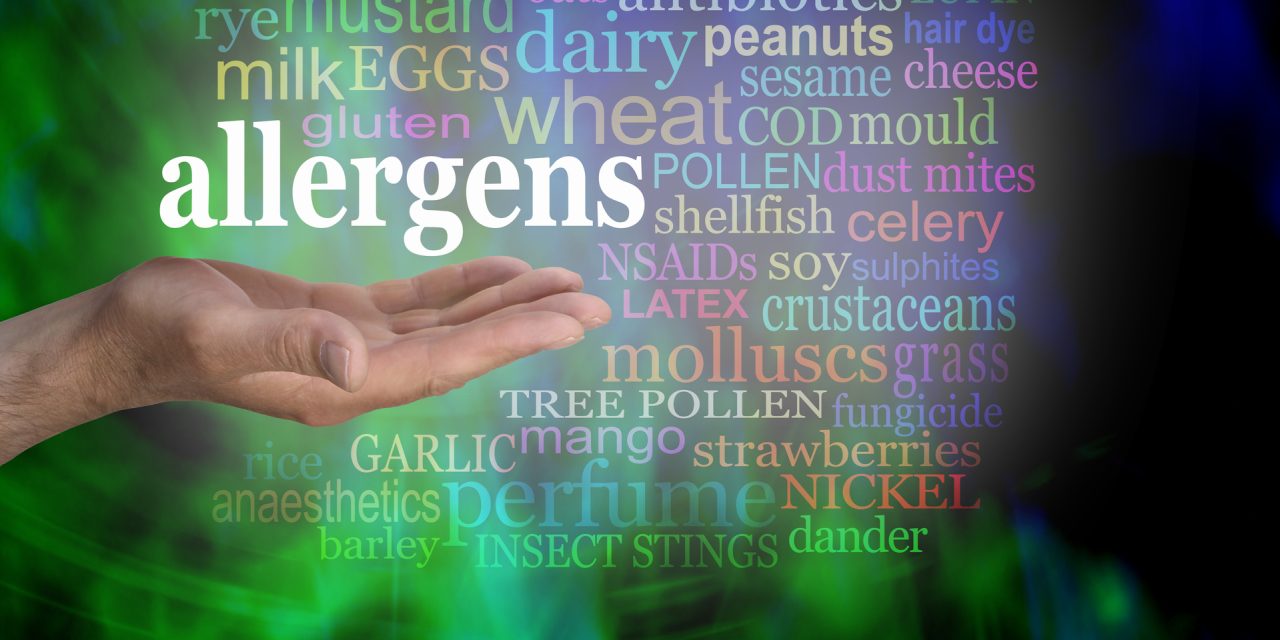The prevalence of mumps in children aged 2–5 years has been high during the time of vaccination with a single-dose measles-mumps-rubella (MMR) vaccine, which has been available in China since 2008. The goal of this study was to identify the mumps immunity profile in children aged 2–5 years as part of an evaluation of the MMR immunisation approach. A cross-sectional assessment of IgG antibodies against the mumps virus was conducted in children aged 2–5 years. The IgG antibodies against mumps virus in the sera of 2- to 5-year-old children who had received at least one dose of MMR vaccination were measured using an enzyme-linked immunosorbent assay (ELISA). Mumps outbreaks predominantly occurred in kindergartens and primary schools in Jiangsu Province. A total of 4,033 youngsters were polled. Mumps antibody seroprevalence was 79.0 percent overall, with a geometric mean concentration (GMC) of 323.6 mIU/ml. Children who received a single-dose MMR vaccination regimen had considerably lower seroprevalence than children who received a two-dose MMR vaccine regimen. The rate of seroprevalence was inversely associated with the period since inoculation.
Children in the northern region of Jiangsu Province, China, who had a single dose of MMR vaccination in kindergarten, particularly the 2-year-old group, are at increased risk of mumps infection. The findings show that a single-dose MMR vaccination regimen has a limited effect on mumps control, highlighting the need of instituting a two-dose MMR immunisation schedule.
Reference: https://www.tandfonline.com/doi/full/10.1080/21645515.2019.1708162


